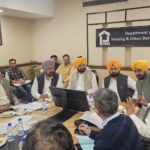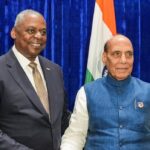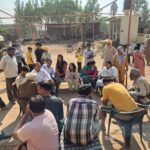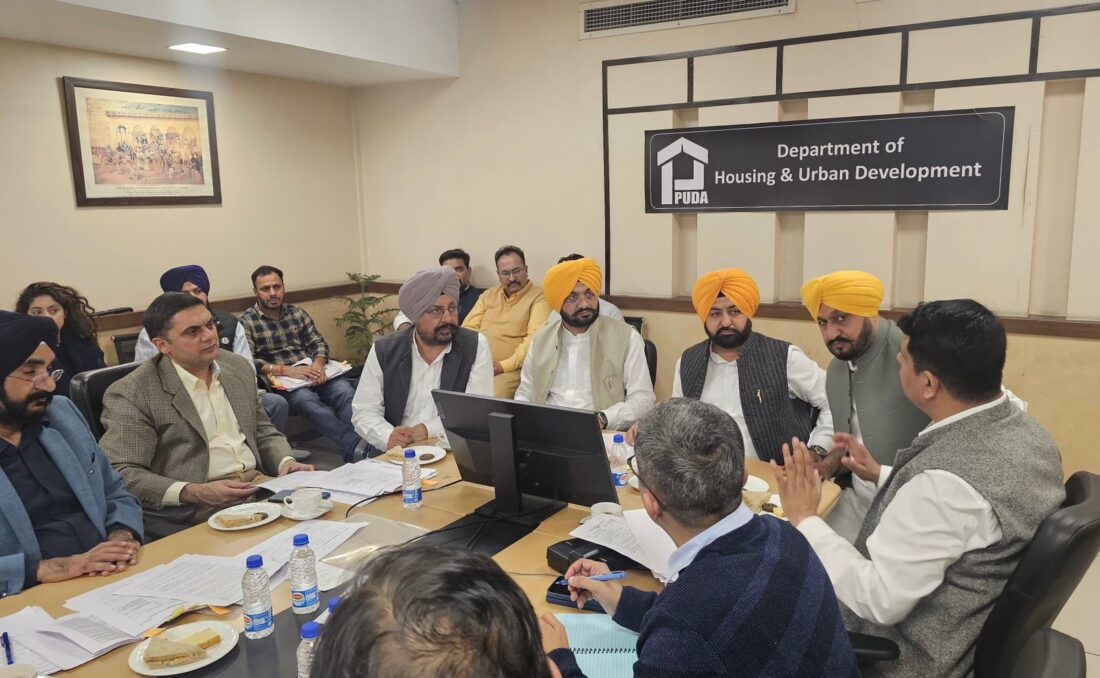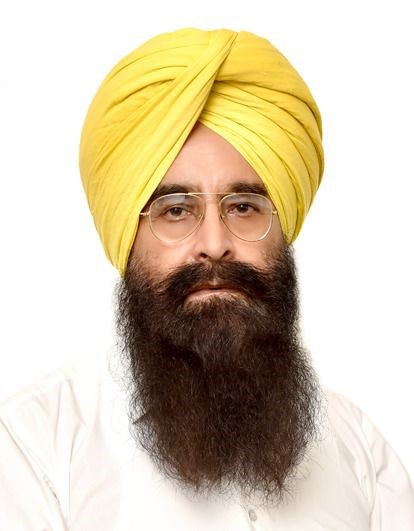North News
New Delhi, August 6
In a suo moto statement on the political crisis in Bangladesh, External Affairs Minister Dr. S. Jaishankar announced on Tuesday that the government is closely monitoring the situation concerning the status of minorities in the neighboring country. Addressing the Rajya Sabha, he remarked that the situation in Bangladesh is evolving and requested the House’s understanding.
Minister of External Affairs S. Jaishankar today chaired an all-party meeting to address the recent fall of Sheikh Hasina’s government and the subsequent military takeover in Bangladesh, which has been engulfed by violent protests. Jaishankar briefed leaders from various political parties on the current situation in the strife-torn nation and outlined the measures taken by the Indian government. The meeting was also attended by Home Minister Amit Shah, Defence Minister Rajnath Singh, and Parliamentary Affairs Minister Kiren Rijiju.
Former Bangladesh Prime Minister Sheikh Hasina arrived at the Hindon airbase in Ghaziabad on Monday, shortly after resigning from her position following weeks of anti-government protests that resulted in nearly 300 deaths. National Security Adviser Ajit Doval, along with senior officials, met Hasina at the airbase near Delhi to discuss the current situation and India’s stance on the matter. According to reports, the army gave Hasina 45 minutes to leave the country.
Due to the worsening law and order situation in Bangladesh, the Cabinet Committee on Security (CCS), chaired by Prime Minister Narendra Modi and attended by Home Minister Amit Shah, Defence Minister Rajnath Singh, External Affairs Minister Dr. S. Jaishankar, and Finance Minister Nirmala Sitharaman, convened to address the issue. Minister Jaishankar briefed the Prime Minister on the developments in Bangladesh and also informed the Leader of the Opposition in Lok Sabha, Rahul Gandhi, about the situation in the neighboring country.
Media reports quoting multiple sources said that Bangladeshi Prime Minister Sheikh Hasina resigned from her post on Monday before she took off in a military helicopter to India. The country’s Army attempted to persuade Hasina to resign amid massive anti-government demonstrations, with hundreds of thousands of protesters demanding her departure. Local Bangladeshi media estimated that around 400,000 people were participating in the protests, though this figure has not been officially confirmed, the media reports suggested.
Hasina’s Awami League retained power in the January parliamentary election, which was boycotted by the opposition parties. The students were protesting because the government had not addressed their demands for reforms to the civil service quota system. They argued that the current quotas unfairly benefited loyalists of Prime Minister Sheikh Hasina’s ruling party, the Awami League.
The controversial quota system allocated 30 percent of civil service jobs to the families of veterans who fought in the 1971 Liberation War.


